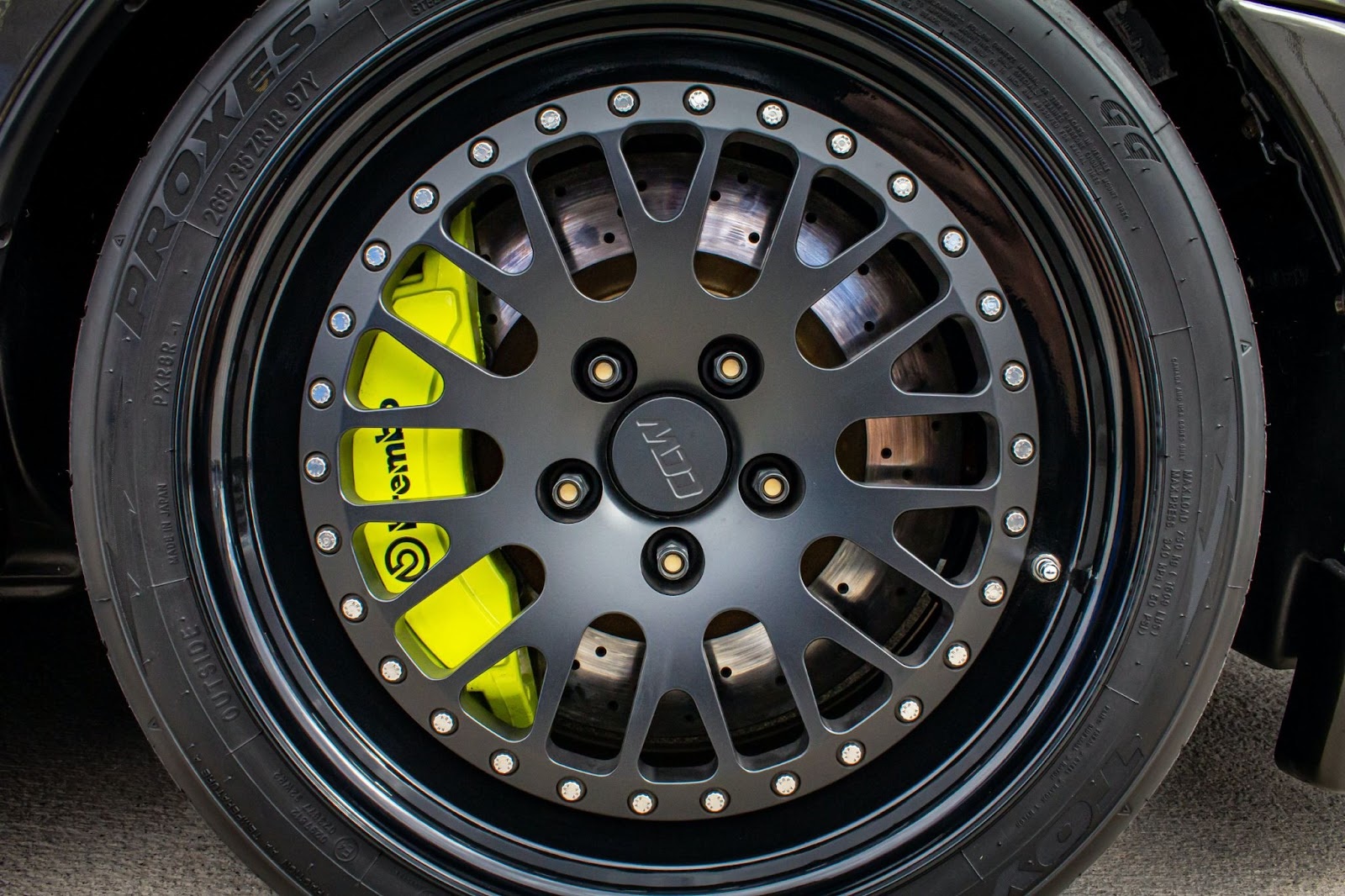How to Prevent Brake Pad Overheating and Failure

How to Prevent Brake Pad Overheating and Failure
Automev.Com Blog Post
Brake pads are critical to vehicle safety, ensuring effective slowing and stopping capabilities. Despite their essential role, brake pad overheating remains a frequent issue that can lead to dangerous outcomes if not properly addressed. This article delves into brake pad health, focusing on strategies to prevent failures caused by overheating.
What is Brake Pad Overheating?
Brake pad overheating occurs when the heat generated during braking exceeds the pad’s ability to dissipate it effectively. This excessive heat buildup can compromise the braking system’s performance and safety.
Factors Leading to Overheating
Multiple factors contribute to brake pad overheating, including aggressive driving habits, subpar brake pads, and insufficient brake fluid levels. Recognizing these causes is key to developing preventative measures.
Signs of Brake Pad Overheating
Identifying overheating early is essential for timely intervention. Look for visual indicators such as discoloration, unusual noises during braking, and reduced braking efficiency.
-
Unusual Noises:
Squealing or grinding sounds when braking often indicate increased friction or pad damage caused by overheating. -
Reduced Efficiency:
A longer braking distance or a soft, unresponsive brake pedal are warning signs that the pads may have overheated, reducing their effectiveness.
Consequences of Overheated Brake Pads
The repercussions of brake pad overheating extend beyond immediate inconvenience. Persistent overheating can cause lasting damage to the brake system, potentially resulting in costly repairs or system failure.
-
Impaired Braking Performance:
Overheating diminishes the friction between the brake pad and the disc, reducing braking power. This poses a significant safety risk, particularly in emergency situations. -
Long-Term Component Damage:
Prolonged overheating can irreparably harm critical braking system components like calipers, discs, and fluid, leading to expensive replacements and increased safety hazards.
Common Causes of Overheating
1. Low-Quality Brake Pads:
Investing in high-quality brake pads is crucial. Low-quality pads are prone to overheating and wear out faster, negatively impacting performance and durability. Trusted brands like Brembo, ATE, TRW, and Ferodo are known for their reliability.
2. Insufficient Brake Fluid:
Brake fluid plays a critical role in heat dissipation. Low levels or degraded fluid quality can exacerbate overheating, making regular checks and timely fluid replacements essential.
Tips to Prevent Brake Pad Overheating
1. Choose High-Quality Brake Pads:
Opt for pads specifically designed for your vehicle to ensure superior heat dissipation and reliability under extreme conditions.
2. Avoid Aggressive Driving:
Smooth and controlled driving reduces heat buildup in the braking system, minimizing the risk of overheating.
3. Regular Maintenance:
Schedule routine inspections to monitor brake fluid levels, check pad thickness, and address wear before it escalates into a serious issue.
Brake Pad Cooling Solutions
1. Ventilated Brake Discs:
Ventilated discs improve airflow, allowing heat to dissipate more effectively and maintaining optimal performance.
2. Heat-Resistant Brake Pads:
These pads are engineered to handle higher temperatures without losing efficiency, ensuring reliable performance even in demanding conditions.
Note: While heat-resistant pads are effective, poorly designed pads may damage the brake disc surface faster. Always evaluate brake pad quality comprehensively to balance durability and compatibility.
DIY Brake Maintenance Tips
1. Checking Brake Fluid Levels:
Ensure the fluid is at the recommended level and replace it periodically to maintain effective heat dissipation.
2. Monitoring Pad Thickness:
Inspect brake pads for wear regularly. Thin or uneven pads can compromise braking efficiency and should be replaced promptly.
Professional Brake Services
1. System Flushing and Maintenance:
A professional brake system flush removes contaminants and maintains optimal braking performance.
2. Expert Inspections:
Qualified mechanics can detect hidden issues that routine checks might miss, ensuring long-term safety and efficiency.
The Costs of Neglecting Brake Maintenance
1. Financial Costs:
Neglecting regular brake maintenance can lead to extensive system damage, with repair costs far outweighing routine upkeep expenses.
2. Safety Risks:
Compromised braking performance endangers not only the driver but also passengers and other road users.
Conclusion
Preventing brake pad failure due to overheating requires more than reactive repairs—it demands a proactive approach to maintenance. By recognizing warning signs, addressing root causes, and implementing preventive measures, you can ensure a safer and more reliable driving experience. Stay vigilant and prioritize regular brake inspections to avoid costly repairs and potential accidents.
Automev.Com – Trusted Brake Solutions for Heavy-Duty Vehicles

 TR
TR EN
EN

